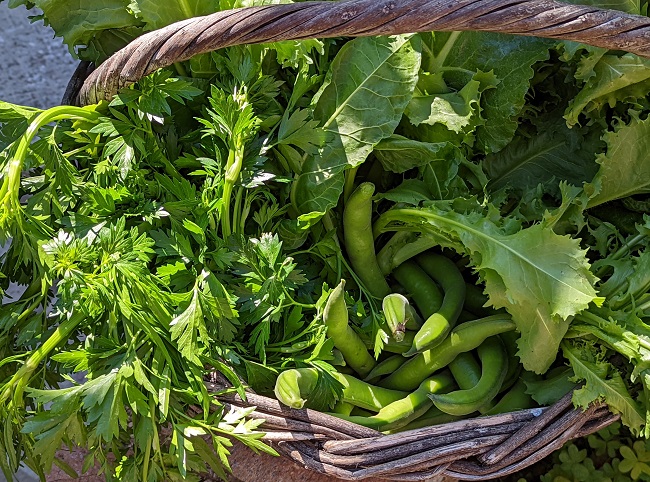Much like Orange Koulourakia Cookies, you can get moustokouloura (grape must cookies) in the bakeries and in many homes all over Greece all year-round these days. They are made from grape must, the juice of grapes that is used to make house wine, something that used to be done in most parts of the country.
The cookies are deep-flavored and delicious. The grape must is boiled down to become thick petimezi (grape molasses) an pantry item in most traditional homes. Syrupy petimezi is diluted with an equal amount of water to make the cookies.

Grape must cookies, right, and Orange Koulourakia, left.
The sweetness of the petimezi determines their taste, as moustokouloura have no additional sugar. Commercial moustokouloura are usually large, but the homemade ones are smaller.
See also the Ginger and Grape Molasses cookies, my variation of the Ginger Snap ones.
To get 2 1/2 cups traditional petimezi (grape molasses) you need to simmer for about 1 hour or more 2 ½ kilos (5 pounds) grape juice. But to achieve the taste of my favorite island moustokouloura, made in August with the local fresh grape must, or with thinned down petimezi (grape molasses), I boil ordinary grape juice with sultanas and/or currents, and the result is great (see Note).
Makes about 3 dozen large cookies (more…)
Read More





